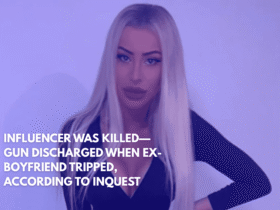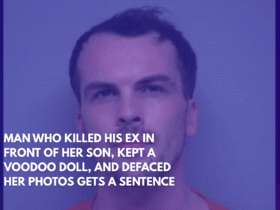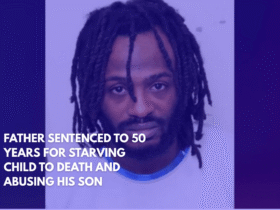In a recent interview, President Donald Trump addressed the case of Kilmar Abrego Garcia, a Maryland man who was deported to El Salvador in March but later brought back to the U.S. to face human trafficking charges.
Trump stated that the decision to return Abrego Garcia to the U.S. was not his choice, but rather the decision of the U.S. Justice Department.
The Controversial Deportation
Abrego Garcia, a sheet metal worker and father of three, was deported to El Salvador in March despite a 2019 court order barring his deportation. His deportation sparked controversy and led to a standoff between the Trump administration, the courts, and congressional Democrats.
His case drew national attention, and in April, the Supreme Court issued a unanimous ruling that ordered the Trump administration to “facilitate” his return to the U.S.
The controversy surrounding Abrego Garcia’s deportation and return to the U.S. continued as officials claimed they couldn’t force El Salvador, a sovereign nation, to give up the individual.
The Trump administration had accused Abrego Garcia of being a member of the MS-13 gang, though a federal judge had questioned the evidence. Abrego Garcia has denied being involved in gang activity.
New Charges on U.S. Soil
Now back in the U.S., Abrego Garcia faces new charges of human trafficking. At a June 6 press conference, U.S. Attorney General Pam Bondi revealed that Abrego Garcia had allegedly made over 100 trips to smuggle undocumented immigrants across the U.S.
The indictment claims that he and his co-conspirators facilitated the illegal transport of immigrants from El Salvador, Guatemala, Honduras, Ecuador, and Mexico, using various cover stories, including pretending to be working on construction jobs to avoid detection.
Trump, in his interview with NBC News on June 7, expressed confidence that the case would be straightforward for prosecutors, stating, “It should be a very easy case.”
Legal Response to the Charges
However, Abrego Garcia’s lawyer, Simon Sandoval-Moshenberg, criticized the Justice Department’s decision to bring charges. Sandoval-Moshenberg argued that the case was a violation of due process, stating, “Due process means the chance to defend yourself before you’re punished, not after. This is an abuse of power, not justice.”
As the case moves forward, there will likely be more debate surrounding the legal and procedural issues, especially considering the complex nature of Abrego Garcia’s deportation and subsequent return to the U.S. to face charges.











Leave a Reply